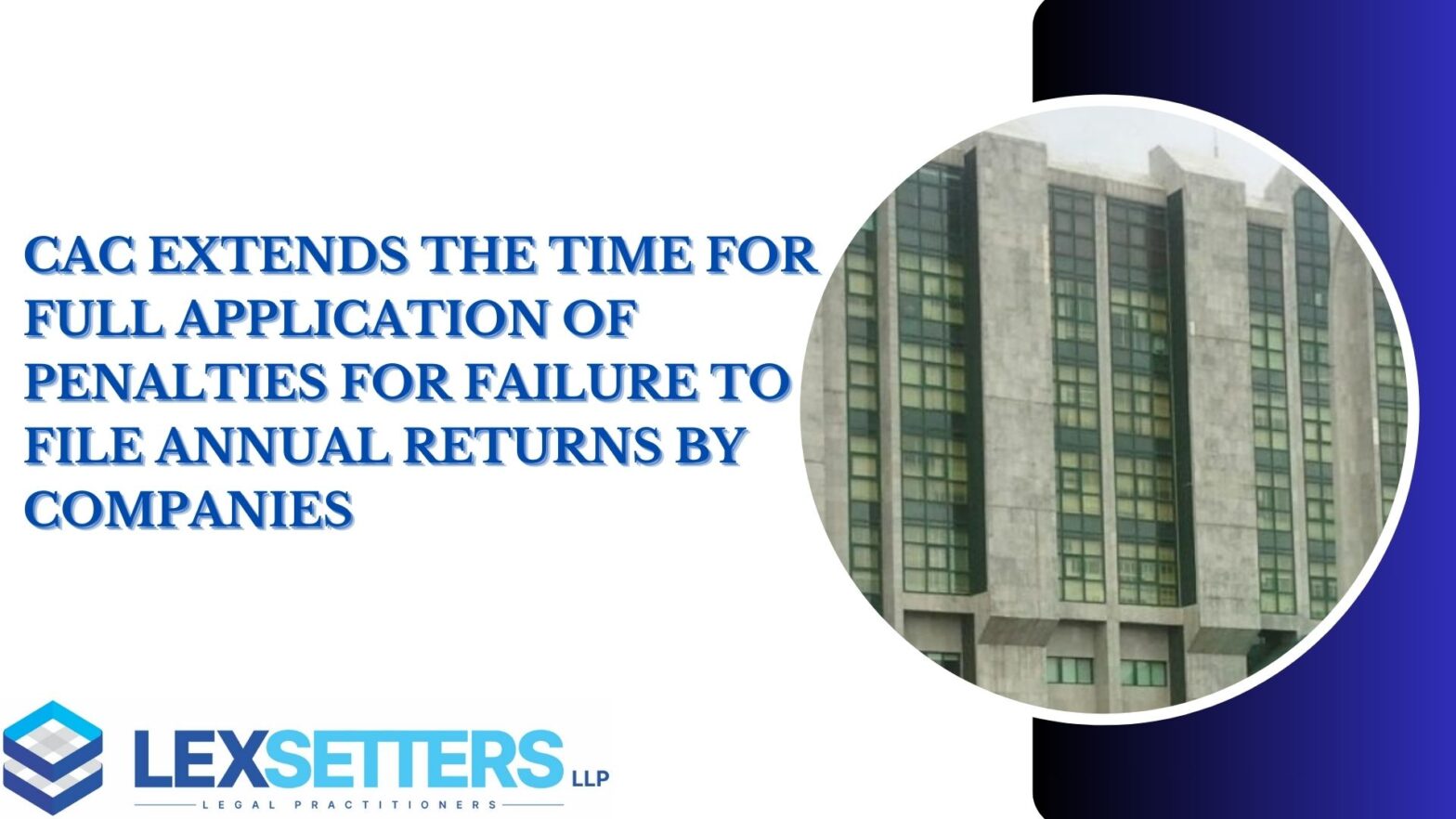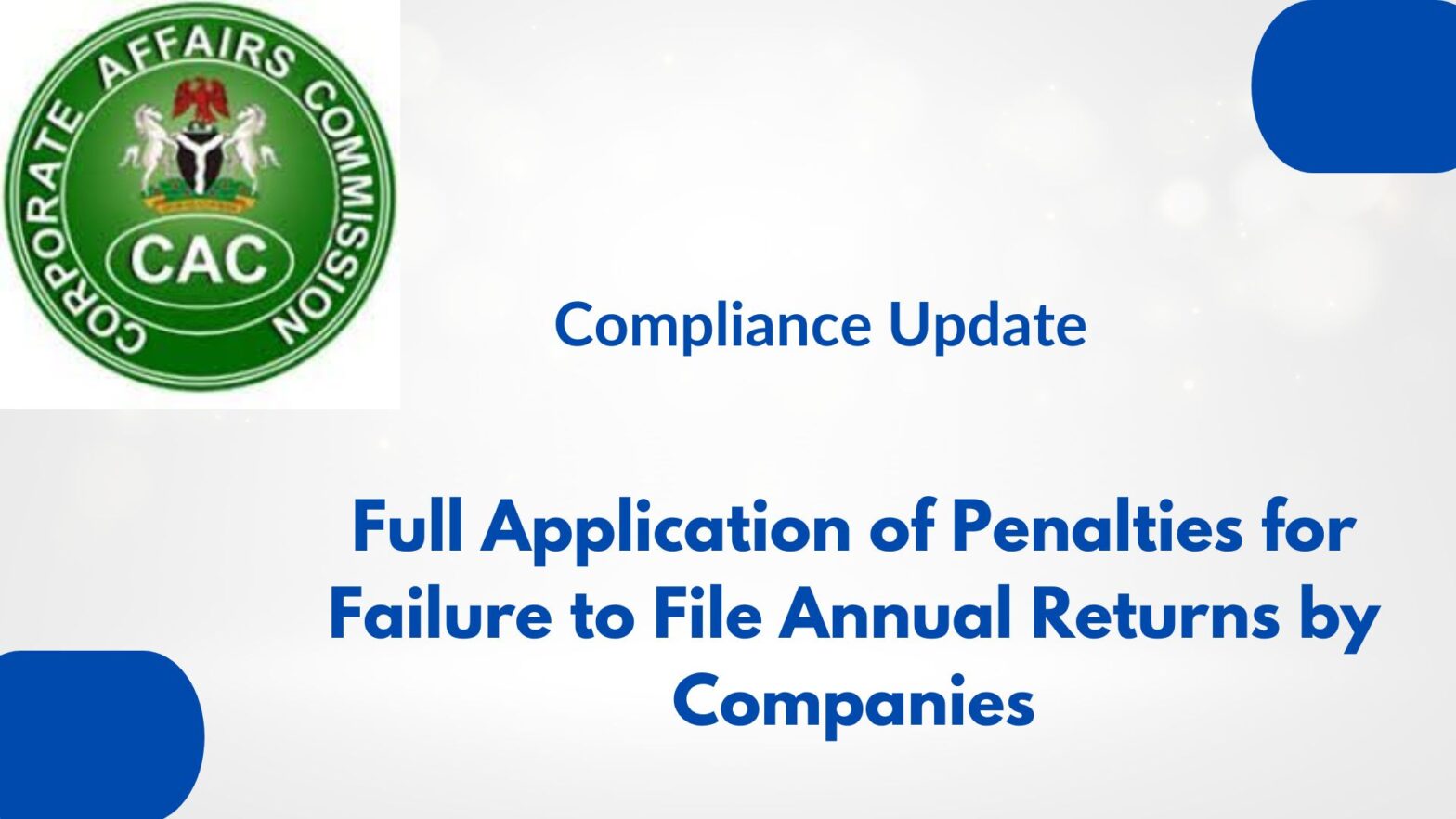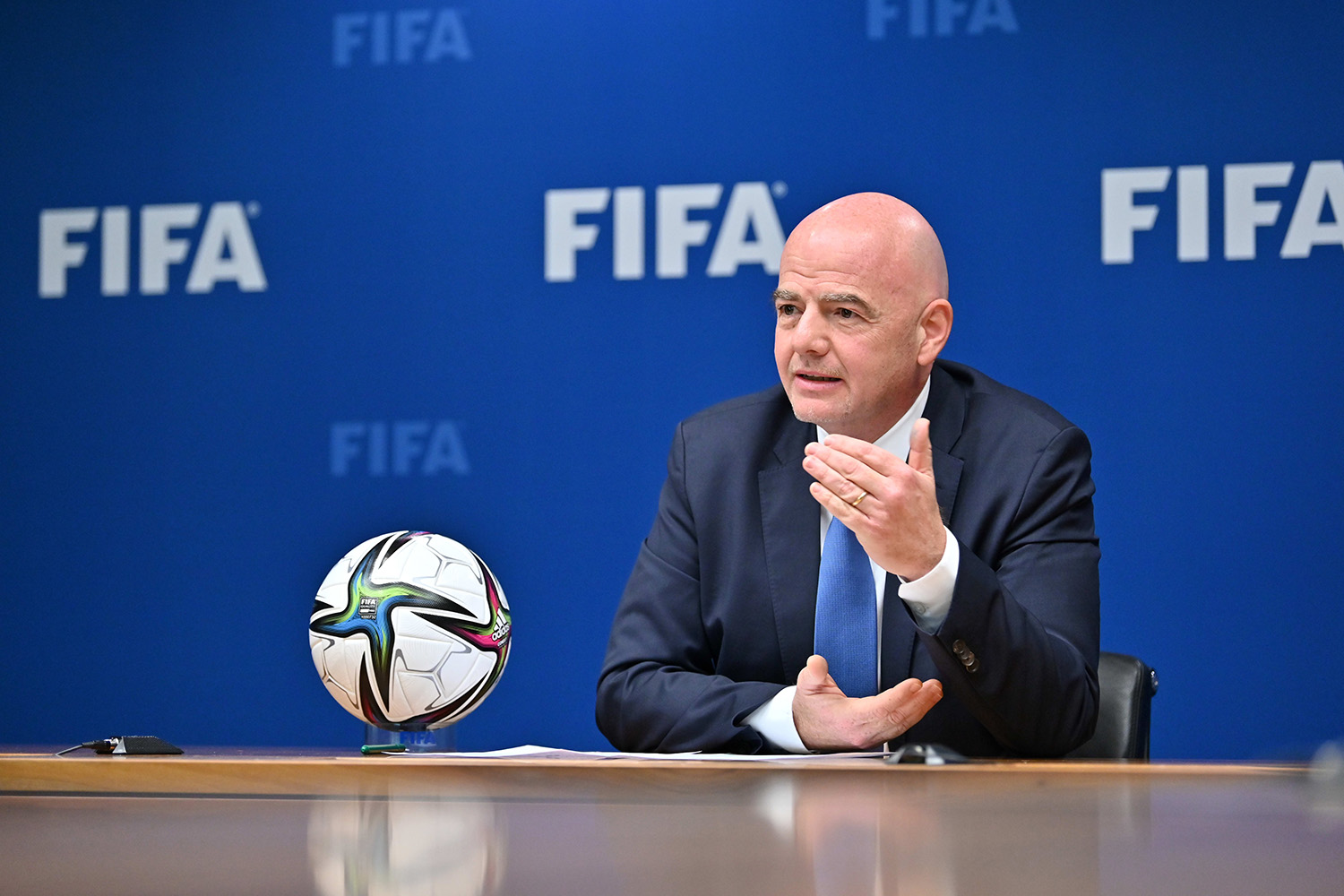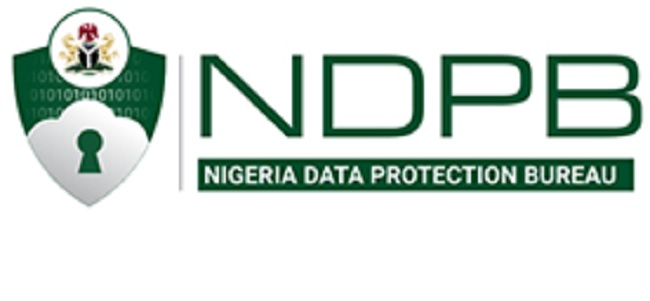When the news broke that the Nigerian sprint queen Favour Ofili was considering switching nationality to represent Turkey, it stirred more than headlines. It stirred hearts. While nationality swaps are not new in international sports, the governing rules under World Athletics provide a detailed framework balancing the freedom of the athlete with the integrity of sports. For many Nigerians, Ofili is not just a name on the track—she’s a symbol of promise, never say die spirit and excellence. But behind this proposed switch lies a deeper legal story, and an even deeper human one: the push and pull between personal opportunity and national identity. In this article, we analysed the ‘Transfer of Allegiance Regulations (Book C-C3.4) of the World Athletics approved by Council on 13 July 2022 and took effect from 15 August 2022 (the “Regulations”), the Eligibility Rules of World Athletics (the “Eligibility Rules”), and their interplay with other global sports governance frameworks such as the Olympic Charter. Click here to read more.
Highlights of the Nigerian Data Protection Act -General Application and Implementation Directive (NDPA-GAID) 2025
On 20th March 2025, the Nigerian Data Protection Commission (NDPC) issued the Nigeria Data Protection Act – General Application and Implementation Directive 2025 (GAID). The primary objective of the GAID is to provide necessary guidelines and directives on the implementation of the Nigerian Data Protection Act 2023 (NDPA). With the issuance of the GAID which will take effect on 19th September 2025, the Nigerian Data Protection Regulation 2019 (NDPR) and the NDPR 2019: Implementation Framework 2020 will cease to be applicable for the regulation of data privacy and protection in Nigeria, without impacting on anything done under the NDPR prior to the issuance of the GAID. This article highlights the salient provisions of the GAID as they relate to the implementation of the NDPA. Click here to read the full article.
LICENSING/REGISTRATION REQUIREMENTS UNDER THE MINI-GRID REGULATIONS, 2023
Author: Lexsetters LLP
Following the enactment of the Electricity Act 2023 (which repealed the Electric Power Sector Reform Act 2005), the Nigerian Electricity Regulatory Commission (the ‘Commission’) issued the Mini-Grid Regulations, 2023 (the ‘Regulation’). The Regulation is primarily geared towards ensuring that reliable and affordable power is accessible to the underserved and unserved areas of the country. The Regulation defines ‘Mini-Grid’ as ‘any electricity supply system with its own generation capacity, supplying electricity to more than one customer and which can operate in isolation from or be connected to a Distribution Licensee’s network.’ It includes any isolated or interconnected mini-grid generating between 0KW and 1MW of generation capacity per site. A mini-grid is required to be designed to have a dedicated power generation facility that provides electricity supply to its network which may be operated by the mini-grid operator, or a person contracted by the mini-grid operator to provide generation capacity to the mini-grid network. Click here to read the full article.
THE CAC EXTENDS THE TIME FOR FULL APPLICATION OF PENALTIES FOR FAILURE TO FILE ANNUAL RETURNS BY COMPANIES
The Corporate Affairs Commission (the “Commission”) have extended the grace period for the full application of penalties for failure to file annual returns by companies, from 1st January 2024 to 1st April 2024. This is contained in the public notice issued by the Commission dated 28th December 2023.
The Commission had in its earlier public notice of 2nd November 2023, stated that it shall commence the full application of penalties as prescribed by the Companies and Allied Matters Act 2020 (“CAMA”) and Companies Regulations of 2021. Our update on the said notice can be accessed here.
While this extension of time does not affect the striking off proceedings commenced by the Commission prior to its public notice of 2nd November 2023, all entities registered under the CAMA, including limited liability companies, limited liability partnerships, limited partnerships, business names, and incorporated trustees, are encouraged to use this opportunity to file their annual returns to date. Read full update here.
No part of this article should be relied upon as legal advice. It is only intended as a general guide on the subject and as such, you are required to consult a lawyer where legal advice is desired.
Lexsetters LLP is a commercial law firm and has the competence and experience to advise on a wide range of legal issues including business formations in Nigeria, acquisition of business permits and operating licences, start-ups, and assisting with post-incorporation compliance obligations.
Full Application of Penalties for Failure to File Annual Returns by Companies
By 1st January 2024, the Corporate Affairs Commission (the “Commission”) will commence the enforcement of penalties for non-compliance with the filing of annual returns. In its Public Notice of November 2nd 2023, the Commission stated that as from that date, the penalties prescribed by the Companies Regulations against a company and each of its directors and officers shall be applied fully by the Commission for failure to file annual returns. Click here to read the full publication.
DEMONSTRATING COMPLIANCE WITH THE NIGERIAN DATA PROTECTION REGULATION
“The NDPR outlined various obligations which an organization must comply with as a way of demonstrating its compliance with the NDPR. These obligations, better described as the ‘Accountability Obligations’ are subsumed in Art. 2.1(3) of the NDPR which provides that “anyone who is entrusted with the personal data of a data subject or who is in possession of personal data of a data subject shall be accountable for his acts or omissions in respect of data processing, and in accordance with the principles contained in the NDPR”. A data controller1, therefore, has a unique task of ensuring that the handling or processing of personal data is in line the principles of processing personal data which are” Lawfulness, fairness and transparency, Purpose limitation, Data minimization, Accuracy, Storage limitation, Integrity and confidentiality.” Click here to read the full article.
HIGHLIGHTS OF THE KEY PROVISIONS OF THE BUSINESS FACILITATION (MISCELLANEOUS PROVISIONS) ACT 2022
On 8th February 2023, President Muhammad Buhari signed into law, the Business Facilitation (Miscellaneous Provisions) Act, 2022 (“BFA”). The objectives of the BFA are to promote the ease of doing business in Nigeria and eliminate bureaucratic bottlenecks; amend relevant legislation to promote the ease of doing business in Nigeria, and institutionalize all the reforms to ease implementation. It further amended specific provisions of 21 business-related laws to remove bureaucratic obstacles to doing business in Nigeria. We have reviewed the BFA and highlighted its salient provisions, including the legislations that were consequentially amended. Click here to read the full article.
Highlights of the Nigerian Startup Act, 2022
On 19th October 2022, the Nigerian Startup Act, 2022 (the “NSA”) was signed by the President of the Federal Republic of Nigeria. Amongst other things, the NSA provides for the creation and development of an enabling environment for technology-enabled startups in Nigeria. In this article, we feature the highlights of the NSA, and how it can impact the Nigerian startup ecosystem. Click here to read the article.
The FIFA Clearing House and the Future of Nigerian Football Clubs
The Federation of International Football Association (FIFA) has evolved since its establishment in May 1904, always seeking, to adopt international best practices in its approach to issues regarding FIFA, Member Associations, and all stakeholders in football. The introduction of the FIFA Clearing House (FCH), the implementation of which began on November 16, 2022, is the latest in FIFA’s journey to ensuring true professionalization, internationalization, transparency, and accountability in the football ecosystem. The ninth President of FIFA, Gianni Infantino believes that ‘this will finally enhance transparency and accountability in the whole transfer market. While we agree with the FIFA supremo on this, we look at what the introduction of the FCH means to Nigerian Football, its Club sides, and the overall football economy in Nigeria. Click here to read the full article.
THE NDPB ISSUES COMPLIANCE NOTICE FOR THE NATIONAL DATA PROTECTION ADEQUACY PROGRAMME WHITELIST
The Nigerian Data Protection Bureau (“NDPB” or “Bureau”) has issued a notice for compliance to its Whitelist for the National Data Protection Adequacy Programme (“NaDPAP”). The Whitelist which was established pursuant to section 37 of the Constitution of the Federal Republic of Nigeria, 1999 (as amended) and the Nigerian Data Protection Regulation (“NDPR”) 2019, will be published on NDPB website, in major newspapers, and will be shared with local and international establishments, and will serve as a reference for data privacy compliance in relevant transactions and proceedings.
Therefore, the Compliance Notice mandates organisations to:
a. Read and understand the NDPR – as it applies to various situations and persons involved in data processing;
b. Develop and implement a Privacy Policy that is consistent with the NDPR;
c. Notify their employees, customers, and online visitors of their Privacy Policy; and
d. Designate at least one or two members of staff as Data Protection Contacts (DPCs). These officers may, after training, become Data Protection Officers (DPOs) for the organization.
e. Mandate their service providers (agents, licensees, contactors or howsoever called) to comply with the NDPR. This is on the basis that if such service providers do not comply as required of them, they will be the weak link in data privacy and protection architecture, and as such, will create liability for the organisations.
Very importantly, organisations are required to forward the names of their DPCs (not more than 3) to the Bureau for a free Induction Course in Data Protection Regulation Compliance for Nigeria and Economic Community of West African States (ECOWAS).
The Bureau notes that any organization or establishment that fails to take the above steps and duly notify the Bureau (of the technical and organizational measures it is taking for data privacy and protection) on or before the 25th day of November 2022 will not be listed on the NaDPAP Whitelist.









